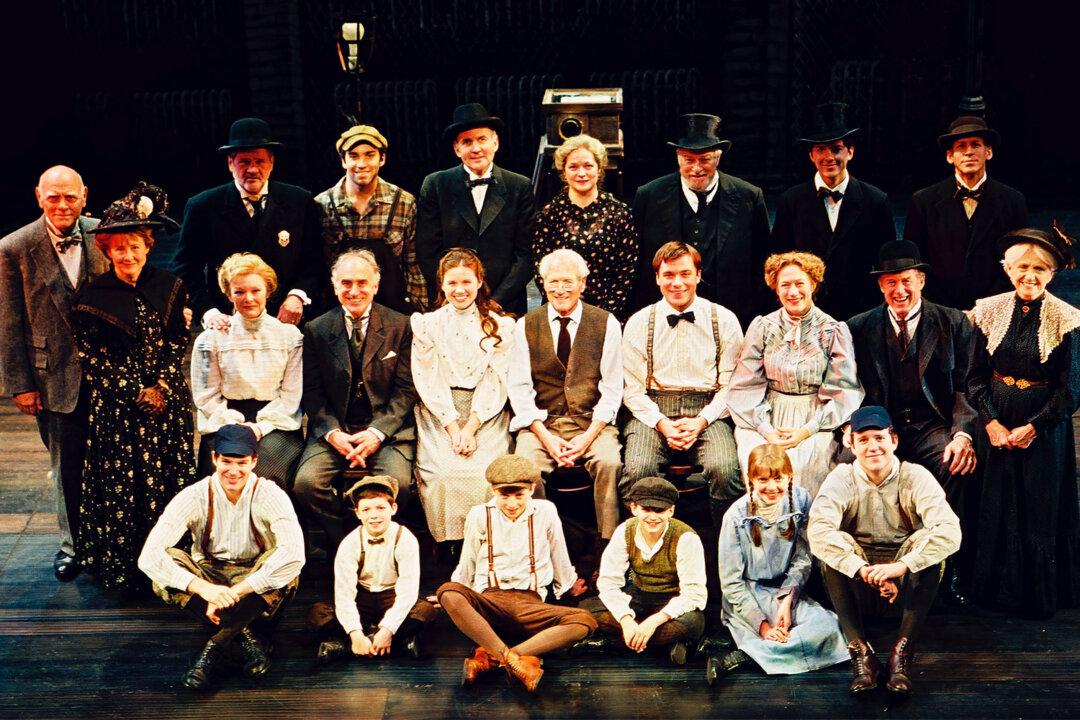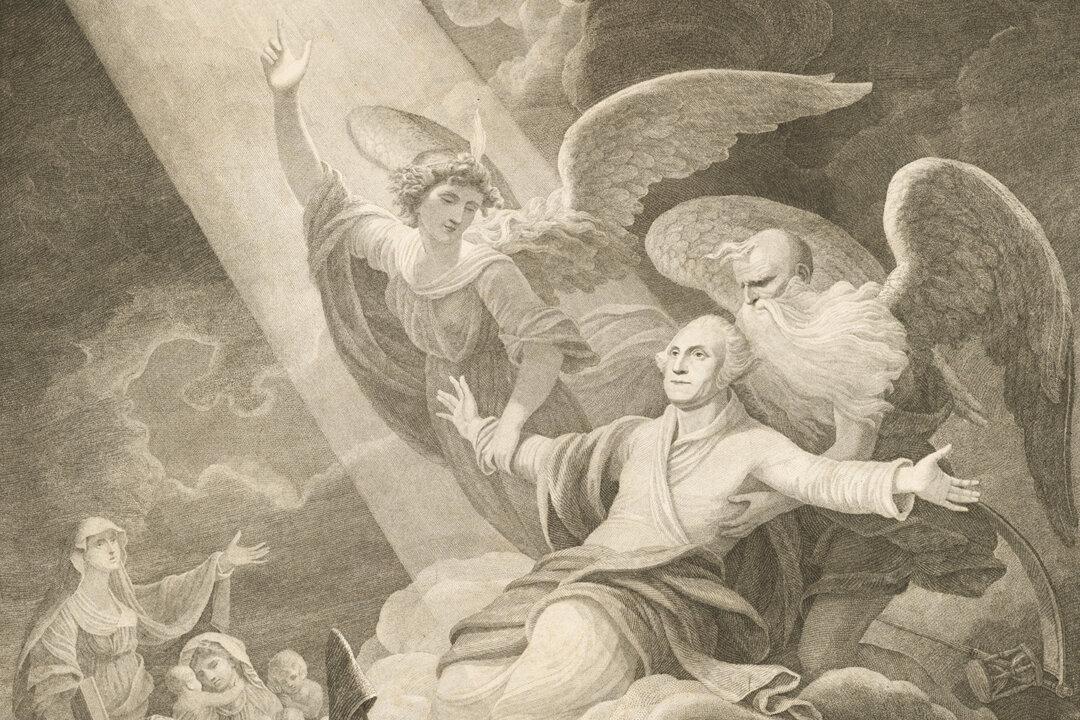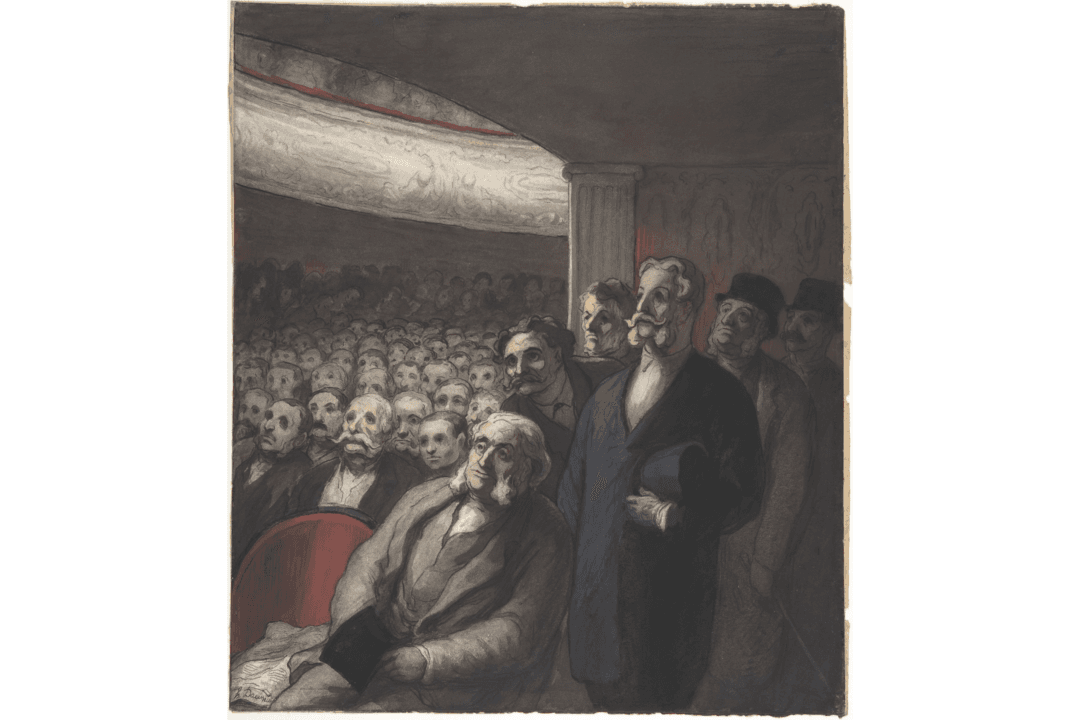I have previously offered on these pages a description of the Natural Theater and how it is, as my first article asserted, the antidote to the Theater of Misery (where pessimism, hopelessness, and victimology are the human condition). I have also contended that plays from the classical era, such as “Oedipus Rex,” uniquely speak to American audiences because their playwrights understood how characters are irreversibly subject to natural laws and human nature—the “Laws of Nature and of Nature’s God,” as Jefferson wrote in the Declaration of Independence.
However, one does not have to look only in the oeuvre of the classical playwrights or Shakespeare to find examples of the Natural Theater. They are, no doubt, still being written. The trick is to find them among the more prevalent examples of the Theater of Misery being churned out by playwrights with little understanding of our Founding, let alone how to write a play that is meaningful, hopeful, and redemptive.






